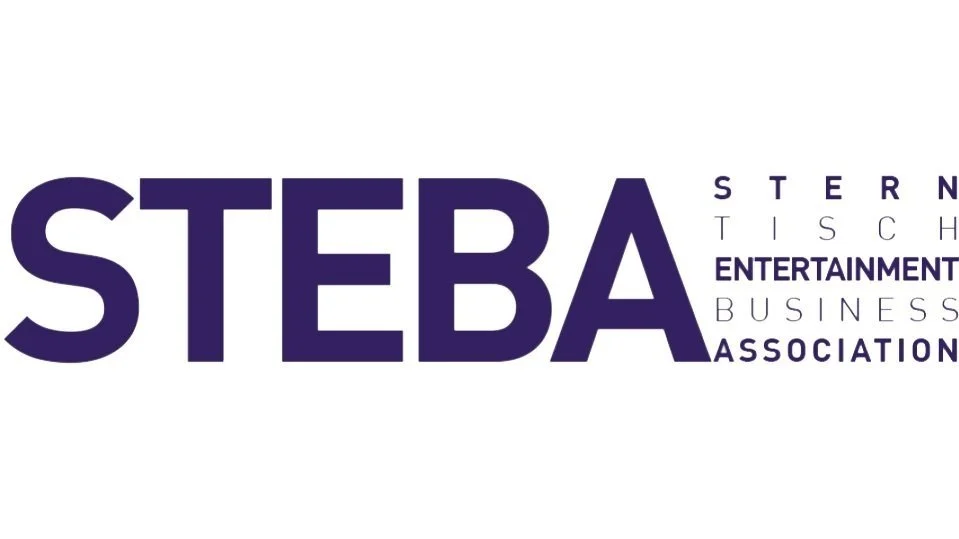By Harper Stein & the STEBA Executive Board
On Wednesday, regulators dealt a potentially fatal blow to Microsoft’s hopes to acquire Activision Blizzard, the video game company behind Call of Duty, World of Warcraft, and the Candy Crush Saga, to name a few. The UK’s Competition and Markets Authority (CMA) blocked the deal, citing concerns about anticompetitiveness in the cloud gaming sector. Microsoft will have a chance to appeal.
The $69 billion deal was announced back in January 2022 and would have made Microsoft the third largest player in the games industry, behind Tencent (China) and Sony (Japan). Video games represent the largest (and fastest growing, by many accounts) chunk of revenue in the entertainment industry, at $192.7 billion in 2021 to film & TV’s $99.7 billion. Game launches routinely bring in half a billion dollars in a matter of days or weeks, with the 2018 launch of Red Dead Redemption 2 generating $725 million in a 3-day weekend, the largest opening weekend of an entertainment product, ever.
Microsoft, creator and owner of the Xbox brand, is already huge in the games industry. Discussion of video games often conjures images of console gaming, a sector in which Microsoft and Sony currently duel, selling the Xbox and the PlayStation, respectively. Initially, regulators feared the Activision acquisition would depress competition if Microsoft refused to license Activision’s popular library to competitors— a fear largely eliminated when Microsoft promised that Call of Duty would remain on PlayStation in addition to their own Xbox platforms. The FTC (Federal Trade Commission) in the US sued Microsoft in late 2022 based on this theory of diminishing competition in the console market, though no decision has been handed down.
But the British Competition and Markets Authority’s decision to block the deal focuses specifically on the emerging “cloud gaming” sector. Cloud gaming allows players to enter the world of a game using only the internet— potentially rendering consoles, gaming PCs, and software irrelevant. Much like entertainment streaming, in which content is accessed by users via a platform but is not stored locally on users’ devices, cloud gaming allows users to play something like Call of Duty online, without owning the game and/or installing expensive hardware or software. This sector has yet to take off, meaning the Activision acquisition was blocked on speculation about the future of the business. For tech giants looking towards a future of virtual and artificial reality, a presence in the games industry is more than coveted, it’s necessary. But the regulatory environment must be just right for these mega deals to have any chance at surviving. If and when the deal falls through, Microsoft will have to pay a $3 billion fee to Activision. This fee would have been negotiated when the deal was crafted by both parties; in late 2021, Microsoft must have been quite bullish about its chances of escaping antitrust regulation.
What does this mean for other M&A (mergers and acquisitions) activity in the entertainment industry? The 2018 AT&T/TimeWarner merger (that resulted in the short-lived WarnerMedia) also teaches a lesson on moving to make a deal at the wrong time: although Republicans in power typically allow a more lenient regulatory environment, former President Trump’s personal dislike for CNN (at that time, TimeWarner’s main news outlet) meant the proposed merger was under extreme scrutiny. It ultimately passed through the court system, even after Trump attempted to block it entirely. These are the kinds of issues media giants must consider when proposing an M&A action. Though negotiations would not commence until 2024, rumors have come out about a potential NBCUniversal - WarnerBros Discovery merger, which may not move forward if the Democratic party retains the presidency.
Lesson: Microsoft’s appeal will signal to major industry players the likelihood of potential M&A activity in the entertainment industry over the next few years. In a tough regulatory environment, companies will not be willing to expend the resources necessary to pursue these deals.
If you’re interested in reading more on these topics, here are some additional resources to check out:
Without Activision, what does Xbox do now? | GamesIndustry.biz
When Megamergers Fall Apart | The New York Times
